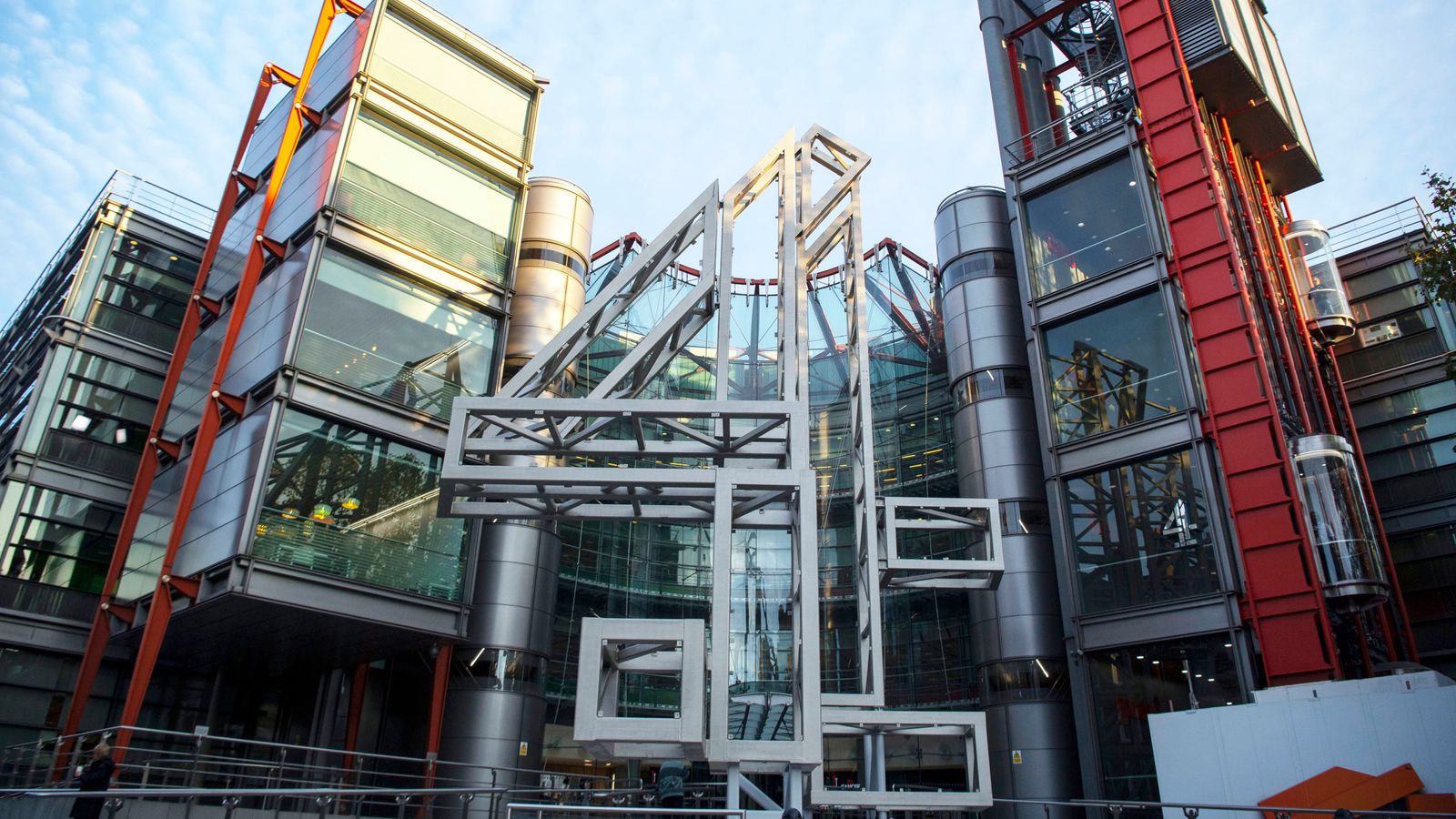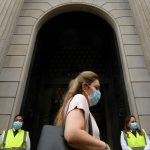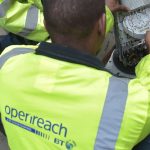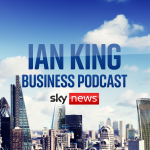Senior executives at Channel 4 have pushed back against a possible privatisation of the broadcaster by the government, warning some programmes could be cancelled if the changes are approved.
The issue is coming to a head as the network announces its best ever financial results after a recovery in advertising revenues and a reduction in spending.
The government is currently considering whether to sell off Channel 4, with Culture Secretary Oliver Dowden expected to make an announcement about the company on Wednesday.
This is likely to involve some sort of consultation on the network’s ownership and editorial direction, with a view to potentially privatising the group as soon as next year.
Channel 4 is state-owned but 90% funded by adverts, giving it a unique position among the UK’s broadcasters. Its advertising revenue allows it to create content for more diverse audiences, in line with its public service remit.
“We have always got to be careful about doing something that might be irreversible and possibly damage things we do for the sector and the UK,” said Alex Mahon, the company’s chief executive, of potential plans for privatisation.
The shift to a for-profit model would possibly see Channel 4 forced to cut back on some independent content, television made outside of London, and shows aimed at younger people.
Ian Katz, the network’s head of programming, praised productions such as the drama It’s A Sin, daytime show Steph’s Packed Lunch, and We Are Lady Parts, a sitcom about a Muslim punk band.
He said: “Those are all shows that emerge because everyone on the channel is imbued with the public service ethos, and that’s the kind of television that they’re trying to make every day, and I think there’s a real risk if you lose that, that you lose a lot of that kind of programming.”
He added that in-depth news coverage could also see cuts as a result of privatisation.
Channel 4 was forced to reduce costs in the first half of 2020 to counter a sharp fall in advertising spending – but a rebound in the second half of the year helped the broadcaster to record a £74m pre-tax surplus, with net cash reserves of £201m.
Stronger than expected advertising revenues for shows such as Gogglebox and The Great British Bake Off cushioned the company from the hit taken in the first half of the year, with annual revenues falling by just 5% to £934m.
In addition to the pandemic, Channel 4 is also facing an assault from online streaming services such as Netflix and Amazon’s Prime Video.
Supporters of privatisation believe it is the only way to fend off this challenge, by allowing broadcasters to raise money to compete with the streaming services.
But Charles Gurassa, Channel 4’s chairman, countered this notion, saying the broadcaster had the financial firepower to invest when necessary, and “we would release it”.






















